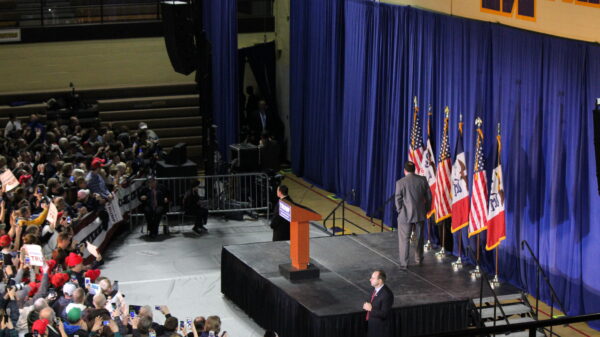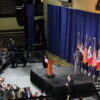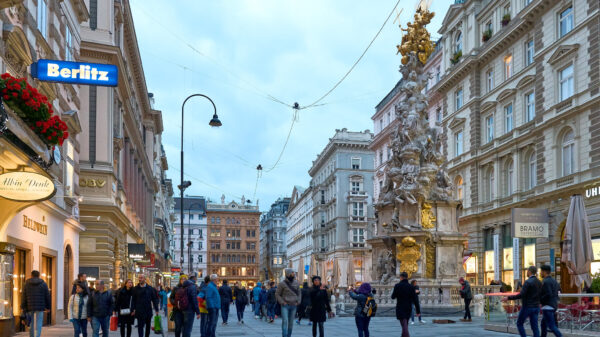Roar writer Alex Blank argues that the Corona-virus proves how interconnected the world is, for better or worse.Â
The start of a new decade is typically a breath of fresh air — only now the air is polluted, not just with smog or the rush hour, but with coronavirus, a nuisance that probably best encapsulates the way the world looks like right now. Is it a punishment? A revealing force? The pressure hanging in the air from all the protests, the frustration, the discontent; it was inevitable.
We cannot expect to keep on living like we do without, eventually, becoming struck with a force larger than ourselves. Even the virus particles themselves look like a crown (a corona), suggesting that, whether truly dire or not, it resides beyond infantile power plays.
The 14th century Black Death also began with conflict. Maybe its original source lies in rat fleas, but it was first transmitted to Europe through Crimea after Genoese merchants had fled from Mongol attacks. Interestingly enough, the disease was used as biological warfare during the siege in Caffa, as the Mongols used the dead bodies to contaminate their enemies. It seems like we will never learn. We might fight each other, and we might even win, but we always end up losing against something bigger.
How do we take care of this, on both a smaller and a larger scale? On the one hand, this is not within our immediate control. We cannot kill it with drones or guns, we cannot negotiate with it. We need cooperation more than ever, we need strategy and support. And vaccines. On the other hand, we need isolation. I, myself, flinch each time I hear a cough in a lecture theatre (which occurs every 30 seconds), and it makes me reconsider going to lectures. I know I am probably overreacting — though I know my immune system is not great — but in such excessive times you always get hysterical about something. Assuming that the situation is as dangerous as some make it out to be: what do we do when we are each other’s greatest hope, and also the greatest risk?
The rapid spread of the virus itself proves how interconnected we are. Whether it is a good or a bad thing, we are all everywhere, and the entire notion of ‘us vs them’ only works in the abstract. Maybe that is why politics are so volatile right now. The premises of approaches such as populism or nationalism are based on materially non-existent conditions, ones that cannot rule over the current social and geographical climate (even if they do seem ever-increasing in certain parts of the world).
Maybe the virus is not a big deal. It is not like this has not happened before, and in this century, no less. The media tend to over-dramatize, and ‘fake news’ fear-mongering is spreading rapidly. It is difficult to decipher the real level of danger. I do think, however, that the emergence of the coronavirus plays a significant role in how we might look at this moment in time, and the way we treat each other as nations and as individuals. This is only the start of the decade, its morning routine. How do we go from here?


















